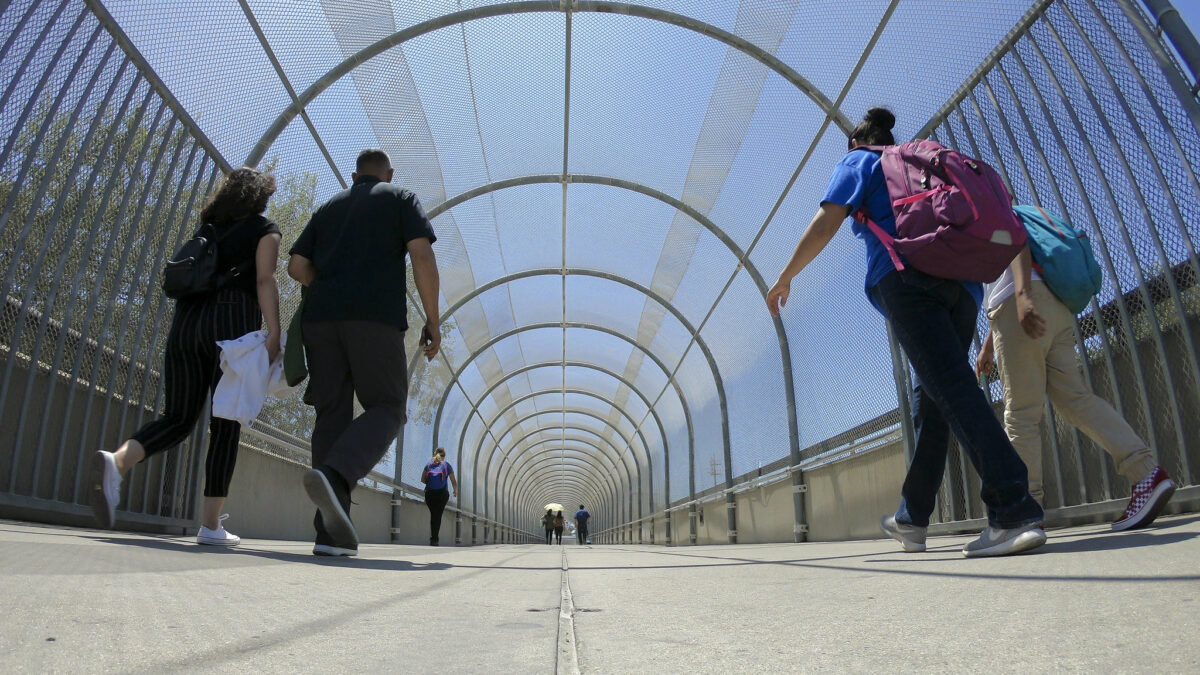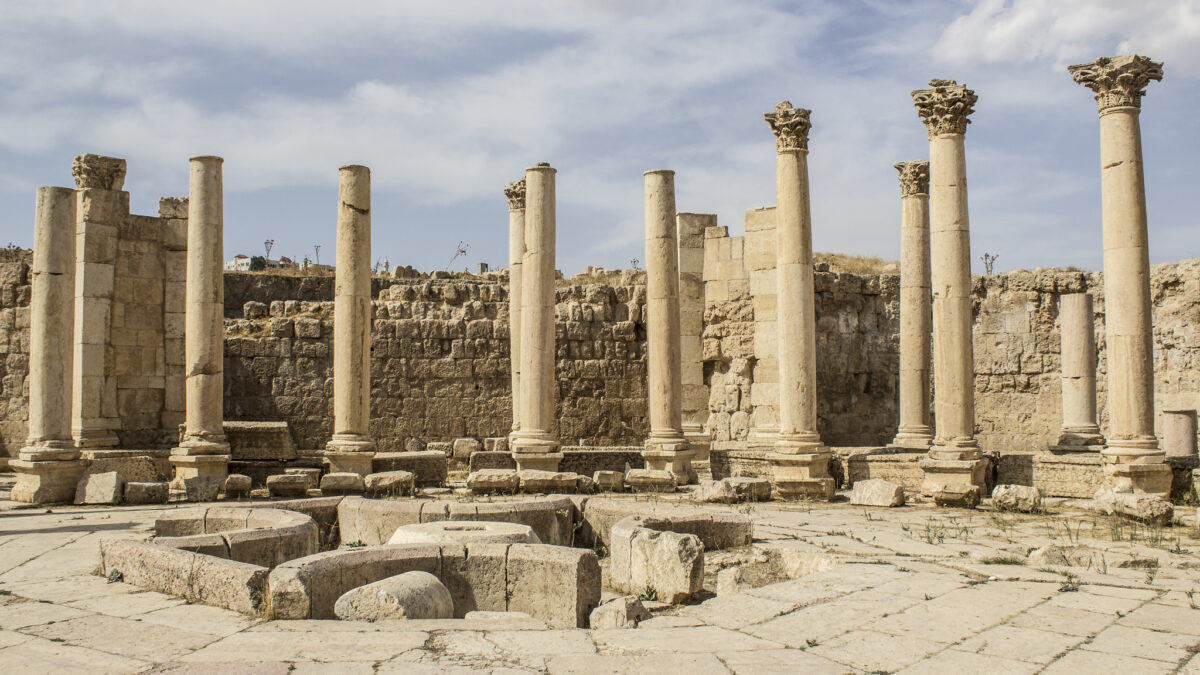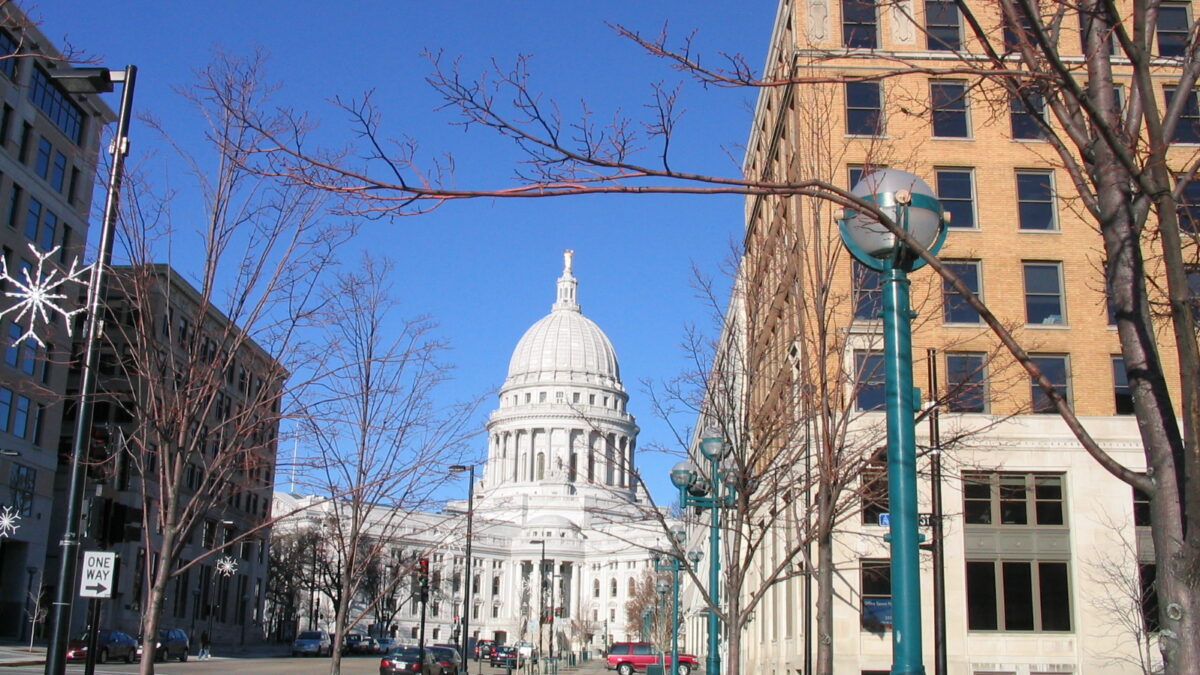For its new border “enforcement” plan, which legalizes migrants before they cross the border and then allows them through official ports of entry, President Joe Biden’s Department of Homeland Security (DHS) assures that all must first pass “rigorous security vetting” and “security background checks.”
DHS has just added four new nationalities — Cubans, Nicaraguans, Venezuelans, and Haitians — to the already wide range of nationalities allowed for at least the last eight months to cross through land ports of entry, or fly into a U.S. airport, under the “CBP-One” reservation system. The New York Times recently reported 109,000 such entries from May through December 2022. These others include Syrians, Tajikistanis, Russians, Somalis, and Afghans. The newest four nationalities may be the most numerous of those using the CBP-One pre-legalization process, which will allow 360,000 such pre-legalized entries a year.
But it must be pointed out that for supermajorities of the potential 515,000 foreign nationals who have and will use this new ad hoc parallel immigration system in the next year, meeting the program’s No. 1 requirement of “rigorous security vetting” will turn out to be all but impossible.
Security vetting for the program stands as an empty promise, an unfulfillable requirement that will mainline stranger danger into the nation the same as had these people sneaked in over the border as planned.
Here’s why: American border officials receiving these hundreds of thousands of pre-approved foreign nationals will take biometrics, names, fingerprints, and personal testaments to clean living back home and bounce them off national and international databases looking for red-flag hits.
But American law enforcement and intelligence will have no way to check for criminal histories back in home countries that are either diplomatically estranged from the United States or simply have no capacity to check and report back a result of any kind, let alone a reliable one.
Limited Access to Reliable Background Checks
For starters, no one can expect Cuba, Nicaragua, or Venezuela to happily run criminal histories for the Americans, even if they had the computerized capacity to do so and interoperability agreements in place, which they don’t. All are openly hostile toward the United States and vice versa, suffering under various kinds of U.S. economic sanctions (Cuba) or diplomatic isolation (Venezuela and Nicaragua). None of those nations would lift a finger to help America prevent the importation of their criminals through the CBP-One program. Quite the contrary, the leaderships of those countries would revel in the news that their criminals are wreaking havoc inside enemy America. Mariel Boat Lift, anyone?
As for Haiti, the island nation is currently a failed state, all but bereft of any government function today and, even in better days past, had no capacity to run criminal background checks for the Americans as though it even had a police force that makes arrests for criminality. Haiti doesn’t have such a thing.
The same problem runs far beyond these four recent additions to the CBP-One pre-legalization program. As the Center for Immigration Studies (CIS) reported in November, immigrants from Muslim-majority nations all over the Middle East, South Asia, and North Africa have been using the CBP-One system since at least last summer. The manager of a Tijuana shelter for U.S.-bound Muslim immigrants said Syrians, Afghanis, Russians, Tajikistanis, Uzbeks, and Somalis had all entered the U.S. through CBP-One at the San Ysidro international crossing into San Diego.
Don’t expect criminal database access from hostile Syria, Afghanistan, or Russia. Nor from Somalia, the African nation that for 30 years had no government that could even hand out birth certificates, driver’s licenses, or make criminal arrests.
CIS also found that Mexicans, Hondurans, Guatemalans, and Salvadorans have been admitted for many months through the CBP-One system. Maybe the Americans would have better luck checking the criminal backgrounds of these nationalities, given efforts in recent decades to arrange relationships with those countries. But are their systems to be trusted for thoroughness, for local police to properly log all criminal activity in rural villages, or even in big cities, and to then be able to retrieve it months or even many years later?
To be sure, the American border agencies can run the biometrics of these nationalities against American databases — if they had been convicted inside the United States at some point and then deported. But it’s a safe bet that not many of these applicants have lived inside the United States, and those who were deported after criminal convictions should not be expected to apply for CBP-One treatment. They’ll run through the border in hopes of reaching the interior, where the Biden administration has all but ended deportation as the United States has known it for many decades.
Whatever assurances our leaders are giving that approved CBP-One applicants are all clean as a whistle, the truth can only be that Americans will have no more knowledge about any of these strangers and their backgrounds than if they ran the border illegally. Millions have already done so in this, the greatest mass migration crisis ever to have stricken the United States.









